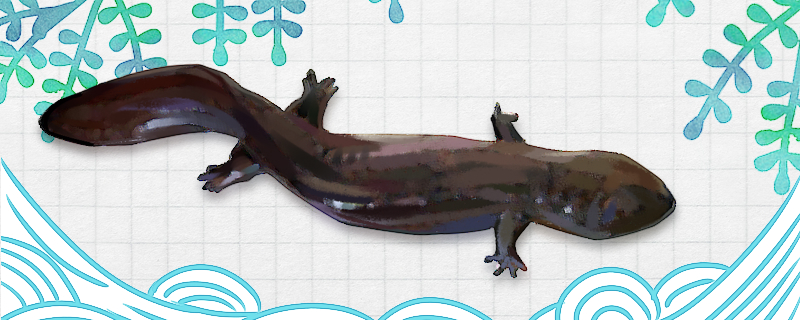
can the giant salamander live? The giant salamander is a typical amphibian, which is also distributed in China. The life span of giant salamanders is relatively long, and in general, their life span can reach 50-60 years. That is to say, if they do not die from various accidental causes, they can live for decades. Moreover, this is only the average life span of giant salamanders, and there are many giant salamanders that can live longer, between 80 and 100 years. The giant salamander with the longest life span is close to 130 years old, which shows that they live for a long time. Giant salamanders have good tolerance and adaptability, even if they do not eat for a long time, it will not affect their life span.
Specifically, there are also some factors that affect the life span of the giant salamander. The environment will affect the life span of giant salamanders. When the environment is not suitable or bad, their life span will be shortened, and they may even die because of the bad environment. The giant salamander, which lives under more suitable conditions, can live for a relatively long time. In addition, some human factors can also affect the life span of giant salamanders, sometimes giant salamanders will be directly killed by humans, which will seriously shorten their life span.
? If the giant salamanders are bred artificially, they can try to reproduce, but they need to meet certain conditions. The first condition is the age condition. The giant salamanders only have the ability to reproduce after sexual maturity. In the wild, the giant salamander usually reaches the age of sexual maturity when it is about 4 years old and has the ability to reproduce. Under the condition of artificial breeding, the giant salamander basically meets the age condition of reproduction when it is 4-5 years old. The breeding of giant salamanders is generally between May and September, and the water temperature in this range is relatively suitable for the breeding of giant salamanders.